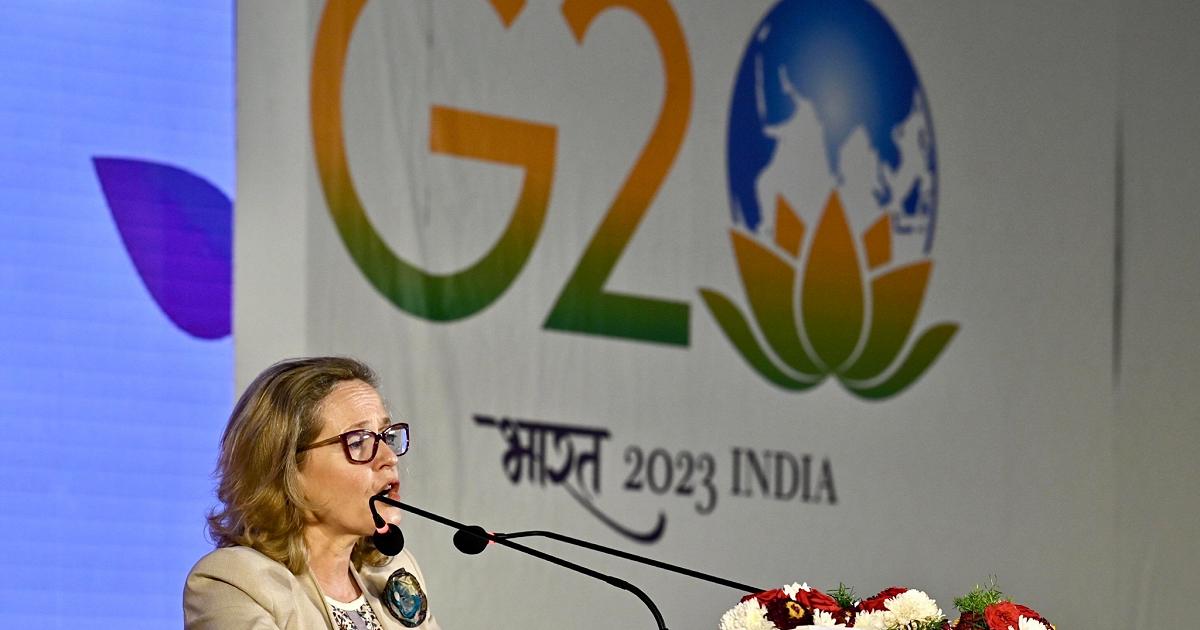The G20 finance summit in Bangalore, India, ends without an official final communiqué but with a summary of the Indian rotating presidency, which reiterates the condemnation of the war launched by Russia in Ukraine (already expressed in November in Bali), supported by "most of the member countries" but without the support of Russia and China. The Bloomberg agency writes.
In the Chair's Summary and Outcome Document, which replaces the traditional joint communiqué, the Indian presidency writes – in two paragraphs not approved by Moscow and Beijing – that "we have seen, since February 2022, the war in Ukraine negatively affect the global economy. There has been a discussion about this. We reiterated the national positions expressed in other forums, including the UN Security Council and the General Assembly" (which by a majority condemned the invasion by Russia, calling for the withdrawal from Ukrainian territory, with 141 votes in favor, 7 against and 32 abstentions).
War hurts the global economyMost members strongly condemned the war in Ukraine, stressing that it is causing immense suffering and exacerbating previous fragilities of the global economy. However, the note continues, at the Bangalore meeting concluded today "there were other points of view and assessments of the situation and sanctions. While we recognize that the G20 is not the forum for solving security issues, we know that security issues can have significant consequences for the global economy."
The use of nuclear weapons is inadmissible"It is essential to support international law and the multilateral system that safeguards peace and stability", in particular the protection of civilians and infrastructure in armed conflicts. On the threatened use of nuclear weapons", then, the G20 finances is clear, calling it "inadmissible".
Finally, in the Chair's Summary and Outcome Document, a light of hope on the global economic expectations for the short term: "Since we last met in October 2022, the global economic outlook has moderately improved" even if "growth remains low and downside risks remain, including high inflation, a recovery of the pandemic and tightened financial conditions that could worsen debt vulnerabilities in many emerging economies."

